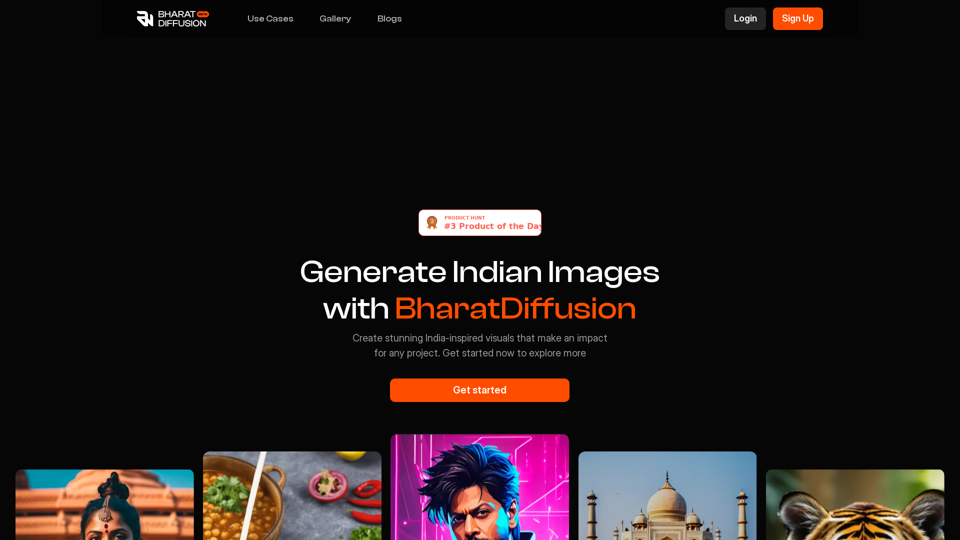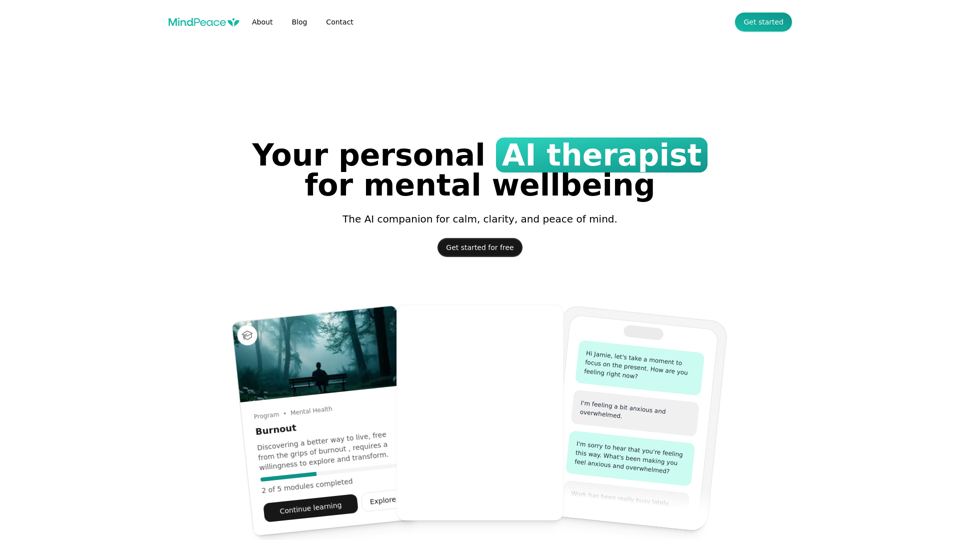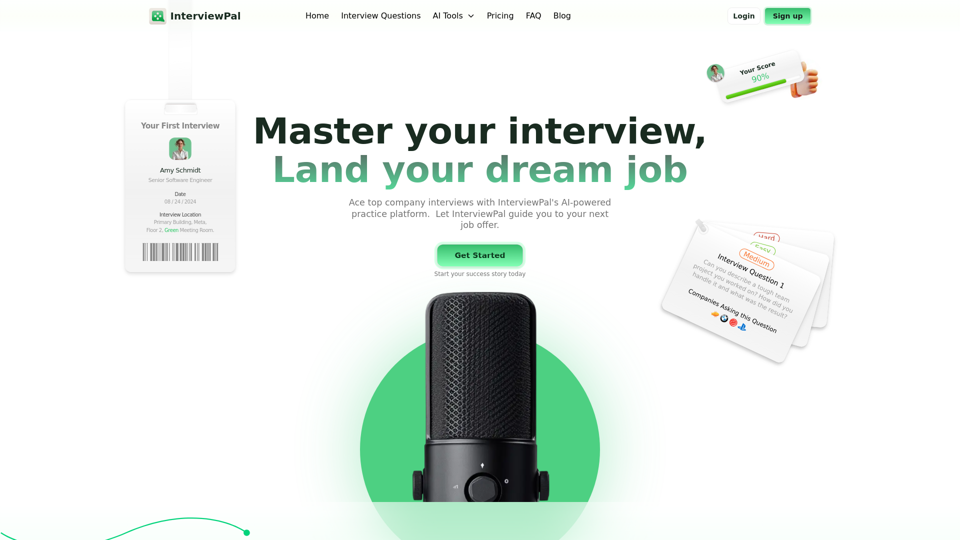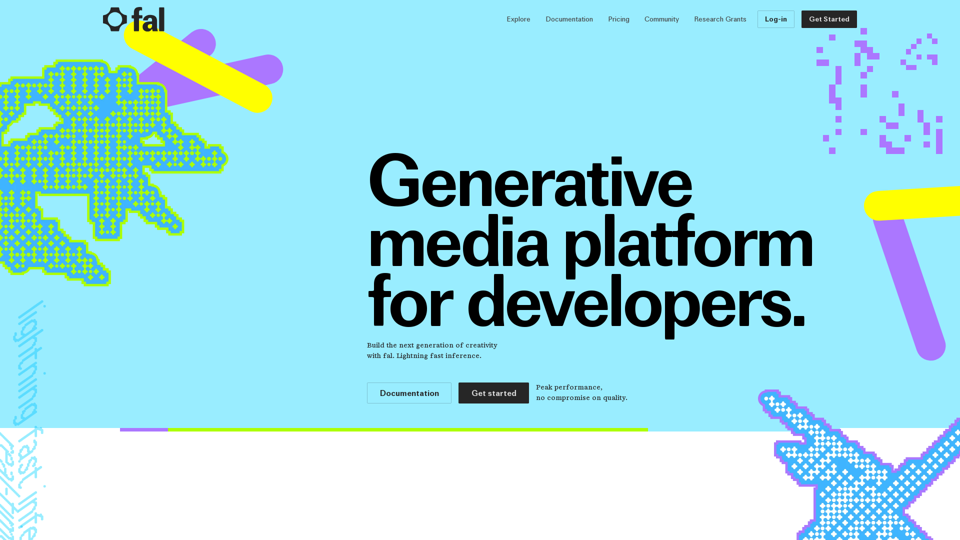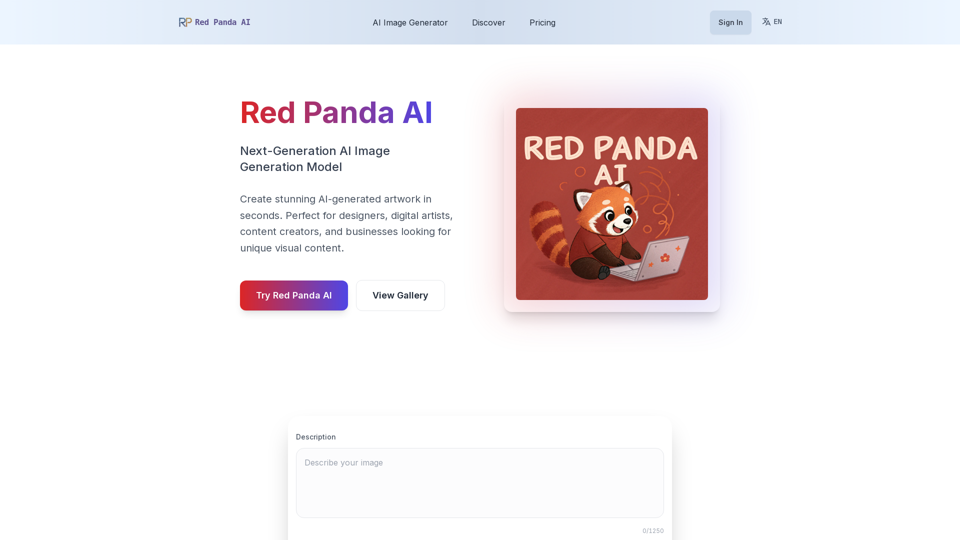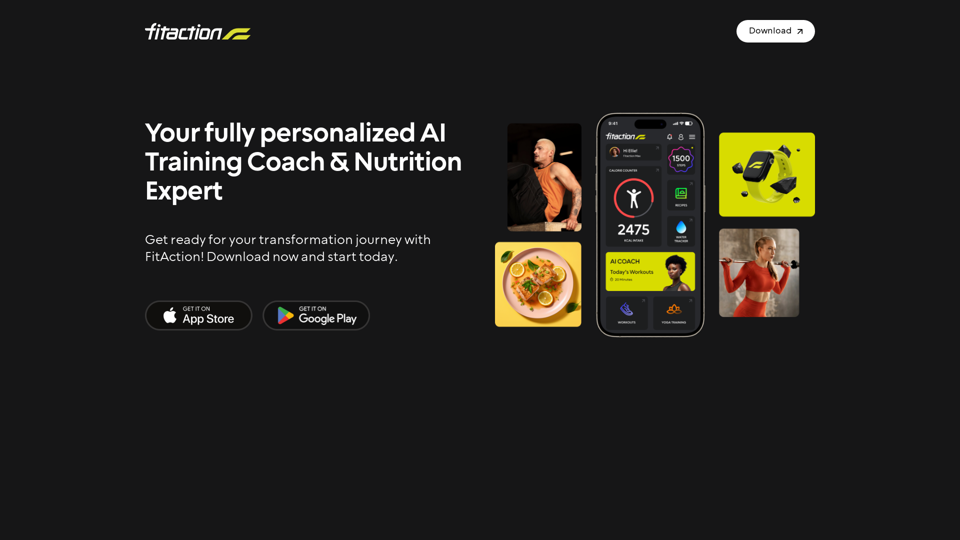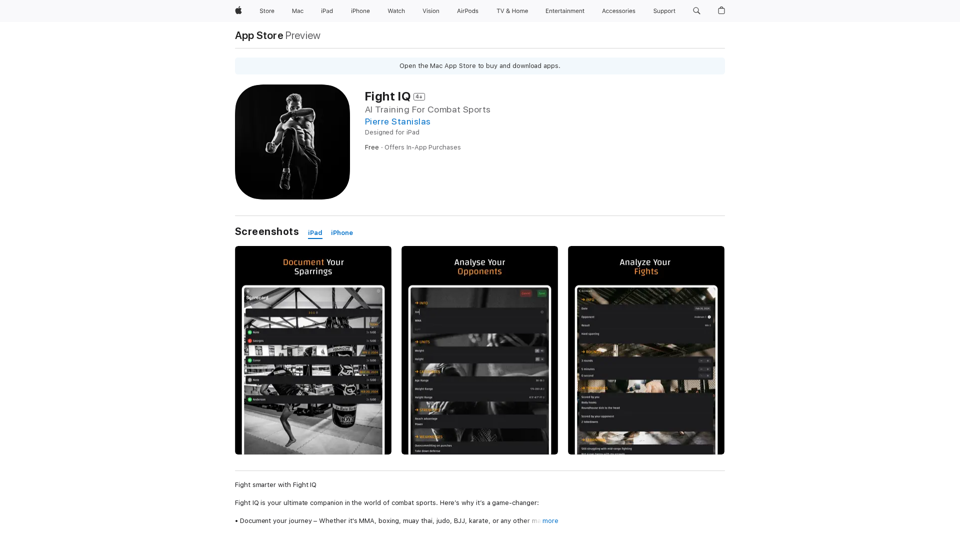Huấn Luyện AI Là Gì?
Huấn luyện AI đề cập đến việc sử dụng công nghệ trí tuệ nhân tạo để cung cấp hỗ trợ và hướng dẫn huấn luyện cá nhân hóa cho các cá nhân trong sự phát triển nghề nghiệp và cá nhân của họ. Tận dụng học máy, huấn luyện AI cung cấp một cách tiếp cận có thể mở rộng cho việc phát triển nhân viên, cung cấp phản hồi tùy chỉnh, khuyến nghị cải tiến liên tục, và kế hoạch học tập.
Huấn Luyện AI Đàm Thoại
Một huấn luyện viên AI đàm thoại bắt chước giao tiếp của con người bằng cách sử dụng Xử lý Ngôn ngữ Tự nhiên (NLP), học máy, và các mô hình nền tảng. Nó tương tác với người dùng một cách tự nhiên, học hỏi từ các tương tác để cải thiện chất lượng phản hồi theo thời gian.
Ví dụ về AI Đàm Thoại:
- Chatbots
- Trợ lý ảo
- Phần mềm nhận dạng giọng nói
- Các tác nhân AI tạo sinh
Lợi Ích Của Huấn Luyện AI
Khả Năng Mở Rộng và Khả Năng Tiếp Cận
- Khả năng mở rộng và tiết kiệm chi phí: Huấn luyện AI có thể mở rộng và ít tốn kém hơn, cung cấp quyền truy cập cho các cộng đồng chưa được phục vụ và các quần thể lớn với số lượng huấn luyện viên được chứng nhận hạn chế.
- Khả năng truy cập 24/7: Công cụ AI có thể truy cập bất cứ lúc nào, ở bất cứ đâu, lý tưởng cho môi trường làm việc từ xa hoặc kết hợp.
Phát Triển Cá Nhân Hóa
- Hành trình học tập tùy chỉnh: AI phân tích dữ liệu để cung cấp hướng dẫn cá nhân hóa dựa trên điểm mạnh, điểm yếu và phong cách học tập của từng cá nhân.
- Phản hồi liên tục: Phản hồi thời gian thực giúp nhân viên duy trì động lực và phù hợp với mục tiêu nghề nghiệp của họ.
Hiệu Quả và Quyết Định Dựa Trên Dữ Liệu
- Tự động hóa các tác vụ thường lệ: AI tự động hóa các tác vụ hành chính, tiết kiệm thời gian và giảm thiểu sai sót.
- Thông tin chi tiết có giá trị: Thông tin chi tiết dựa trên dữ liệu giúp các tổ chức đưa ra quyết định thông minh, xác định khoảng trống kỹ năng, và đánh giá hiệu quả huấn luyện.
Cân Nhắc Đạo Đức
- Quan ngại về thiên vị và quyền riêng tư: Hệ thống AI có thể kế thừa thiên vị từ dữ liệu huấn luyện và gây ra rủi ro về quyền riêng tư. Đảm bảo bảo vệ dữ liệu và sử dụng đạo đức là điều cần thiết.
Cách Sử Dụng AI Trong Huấn Luyện
Ứng Dụng Thực Tiễn
- Chatbots: Cung cấp hỗ trợ và hướng dẫn tức thì cho các câu hỏi phổ biến của khách hàng.
- Trợ lý ảo: Đơn giản hóa các tác vụ hành chính như lên lịch và nhắc nhở.
- Cá nhân hóa nội dung: Sử dụng thuật toán để đề xuất tài nguyên phù hợp với nhu cầu của khách hàng.
- Nhận diện cảm xúc: Phân tích cảm xúc của khách hàng thông qua biểu cảm khuôn mặt hoặc giọng nói để điều chỉnh phương pháp huấn luyện.
Tăng Cường Kết Nối Con Người
AI nên bổ sung, không thay thế, yếu tố con người trong huấn luyện. Huấn luyện viên có thể sử dụng AI để tăng cường các phẩm chất độc đáo của họ, như sự đồng cảm và sáng tạo, đảm bảo trải nghiệm khách hàng cá nhân hóa.
Tương Lai Của Huấn Luyện AI
Tương lai của AI trong huấn luyện nằm ở khả năng khuếch đại các phẩm chất con người hơn là thay thế chúng. Bằng cách tích hợp các công cụ AI, huấn luyện viên có thể cung cấp hỗ trợ tùy chỉnh hơn, đơn giản hóa hoạt động và tạo ra kết nối lâu dài với khách hàng. Tiếp nhận AI như một công cụ hỗ trợ có thể nâng cao thực tiễn huấn luyện và thúc đẩy thành công kinh doanh.

